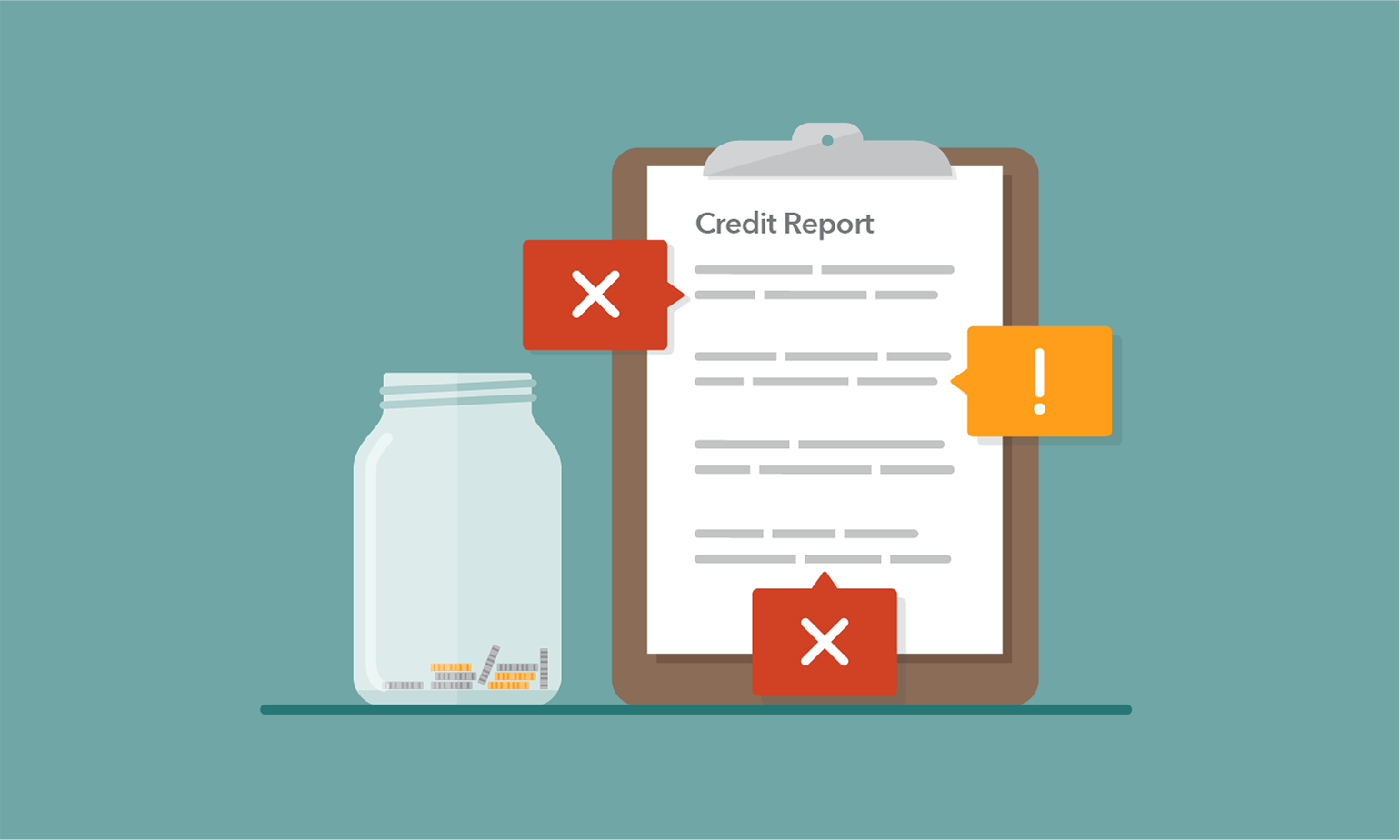
our credit report plays a critical role in your financial health, influencing everything from loan approvals to interest rates. But what happens if your report contains errors? Inaccuracies can lower your credit score and impact your financial opportunities. Here’s how to identify and avoid common credit report errors.
Why Checking Your Credit Report Matters
Credit report errors are more common than you might think. A study by the Federal Trade Commission (FTC) found that one in five consumers had an error on at least one of their credit reports. Regularly reviewing your credit report ensures that you catch mistakes early and maintain an accurate score.
Common Credit Report Errors
- Incorrect Personal Information
- Misspelled names, wrong addresses, or inaccurate Social Security numbers can lead to confusion or mix-ups with other individuals.
- Accounts That Don’t Belong to You
- Sometimes, accounts from people with similar names or Social Security numbers mistakenly appear on your report.
- Duplicate Accounts
- An account may be listed more than once, artificially inflating your debt.
- Incorrect Account Balances
- Balances may be reported inaccurately, making it appear as if you owe more than you actually do.
- Outdated Information
- Negative items like late payments or bankruptcies may remain on your report past their expiration date.
- Errors in Payment History
- Payments marked late when they were on time can significantly impact your score.
- Accounts Listed as Closed When They’re Open
- An open account incorrectly reported as closed can affect your credit utilization ratio and credit score.
How to Spot Errors on Your Credit Report
- Request Your Credit Reports
You’re entitled to one free credit report annually from each of the three major bureaus (Equifax, Experian, and TransUnion) at AnnualCreditReport.com. - Verify Personal Information
Check that your name, address, Social Security number, and other personal details are correct. - Review Each Account
Look for unfamiliar accounts, incorrect balances, and inaccurate payment histories. - Check for Consistency Across Reports
Compare reports from all three bureaus to identify discrepancies.
How to Avoid Credit Report Errors
- Monitor Your Credit Regularly
Use free or paid credit monitoring services to catch issues as they arise. - Update Information with Creditors
Notify creditors immediately if your personal information changes. - Protect Against Identity Theft
Shred sensitive documents, use secure passwords, and be cautious about sharing personal information online. - Review Statements Carefully
Regularly check your credit card and loan statements for unauthorized charges or inaccuracies.
What to Do If You Spot an Error
- Dispute the Error
File a dispute with the credit bureau reporting the error. You can usually do this online, by phone, or by mail. Include documentation supporting your claim. - Contact the Creditor
Reach out to the creditor responsible for the inaccurate information and request a correction. - Follow Up
The credit bureau has 30 days to investigate and respond to your dispute. Check back to ensure the error has been resolved. - Keep Records
Document all correspondence, including emails, letters, and phone calls.
Final Thoughts
Errors on your credit report can hurt your financial health, but staying proactive can help you avoid long-term consequences. Regularly review your credit reports, dispute inaccuracies promptly, and monitor your credit to safeguard your financial future.
By keeping your credit report accurate, you’ll be well on your way to achieving your financial goals with confidence.
Have you encountered errors on your credit report? Share your experience and tips in the comments below!
